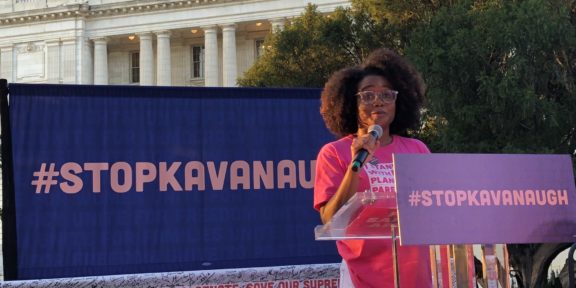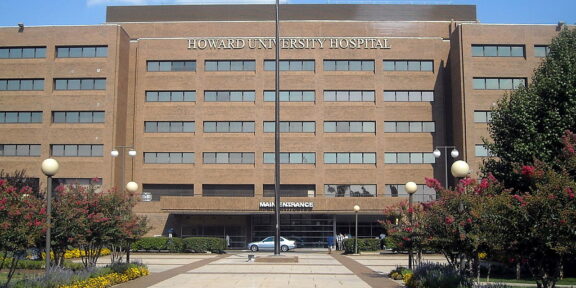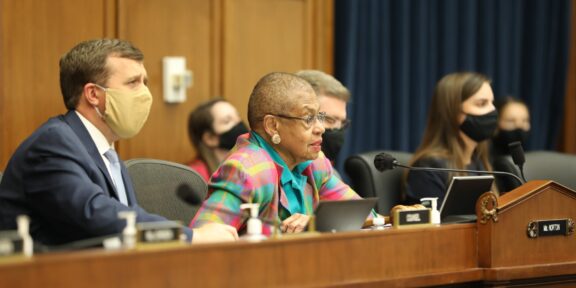For many young girls in Greenville, Miss., becoming a doctor in the District of Columbia is a distant dream. However, for Dr. Nicole Richardson, that dream is a now a reality.
Dr. Richardson is an internal medicine physician in Washington, D.C. She currently works with patients struggling with substance abuse. However, becoming a doctor in the nation’s capital was not Dr. Richardson’s original plan.
“I am originally from Greenville, Miss, and I attended Alcorn State University. I fell in love with the D.C. area after completing an internship with the CIA. I eventually transferred to George Mason University, where I earned my degree in chemistry,” she said.
Her initial goals involved a career in education. She briefly worked as a chemistry teacher before deciding to pursue a career in medicine. She enrolled in the Ohio University College of Osteopathic Medicine and graduated in 1999.
After working as a family practice physician, Dr. Richardson realized she wanted to use her career to directly uplift and improve her community. As an internal medicine physician, she works to combat substance abuse among local residents.
Although helping victims of substance abuse is a difficult job, Dr. Richardson enjoys the satisfaction of serving individuals in need and helping people improve their lives after years of hardship.
“The [patients] I help are very appreciative. [My career] has been very rewarding. This is a very underserved community,” she said.
According to the Justice Policy Institute, which is a Washington, D.C.-based organization that focuses on criminal justice and incarceration, “from 2005-2006, about 16,000 D.C. residents reported needing but not receiving treatment for substance abuse.”
In recent years, an increase in substance abuse recovery centers has provided more opportunities for residents to receive adequate treatment.
Dr. Richardson’s future plans will involve serving patients at Advanced Recovery Systems, which is a new treatment center in Upper Marlboro, Maryland. The center treats firefighters and paramedics suffering from post-traumatic stress disorder. “I’m hoping we will begin serving police officers as well,” she said.
Her friends and family members are very pleased with her accomplishments. Sherri Matthews is a childhood friend of Dr. Richardson. She excitedly explains how she is proud of her friend’s success as a physician.
“She’s one of the best people I know,” she said. “I have a lot of respect for her becoming a substance abuse physician. [The job] can be very draining, so I’m happy she would take on such a feat in medicine.”
Her aunt, Janet Mauldin, has also enjoyed witnessing her personal and professional growth over the years.
“She’s a wonderful person. I’m very proud of her,” she added.
Education has been a major contribution to Dr. Richardson’s success. As a woman from rural Mississippi, Dr. Richardson hopes to inspire young African-American girls from rural areas to seek higher education and accomplish their goals.
According to National Center for Education Statistics, “more than half of American Indian/Alaska Native and Black students (57 and 59 percent, respectively) in remote areas attend high-poverty schools.” Lack of educational resources and opportunities can hinder students from achieving high academic success.
However, Dr. Richardson believes anyone can reach success, regardless of their origin or background. “The biggest thing a small town person could do is educate themselves. Stay in school, and work toward your goals,” she said.





